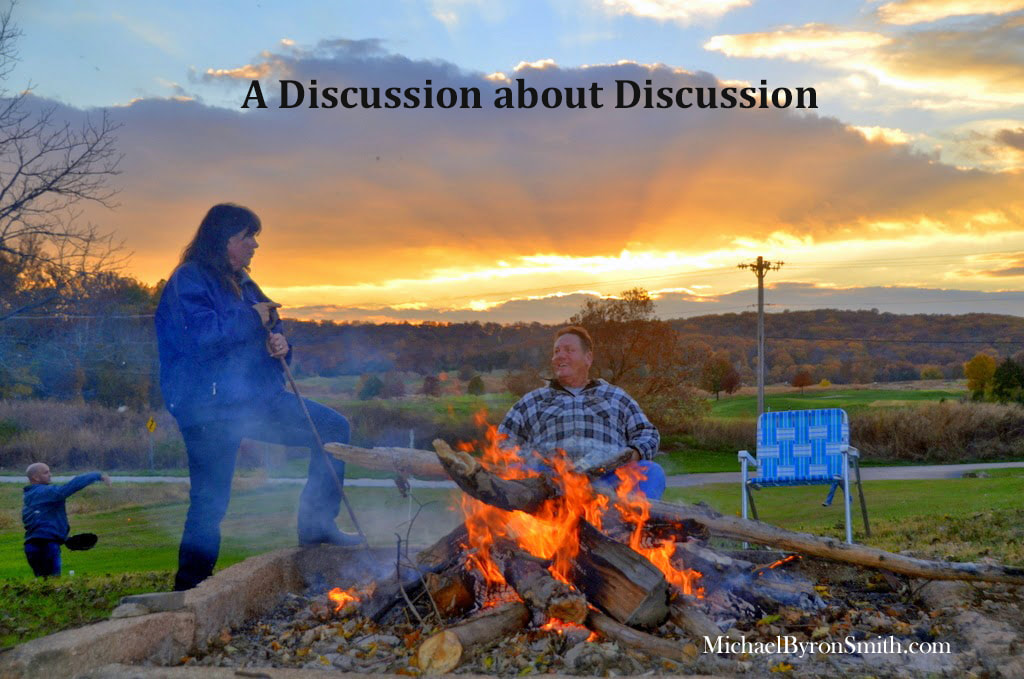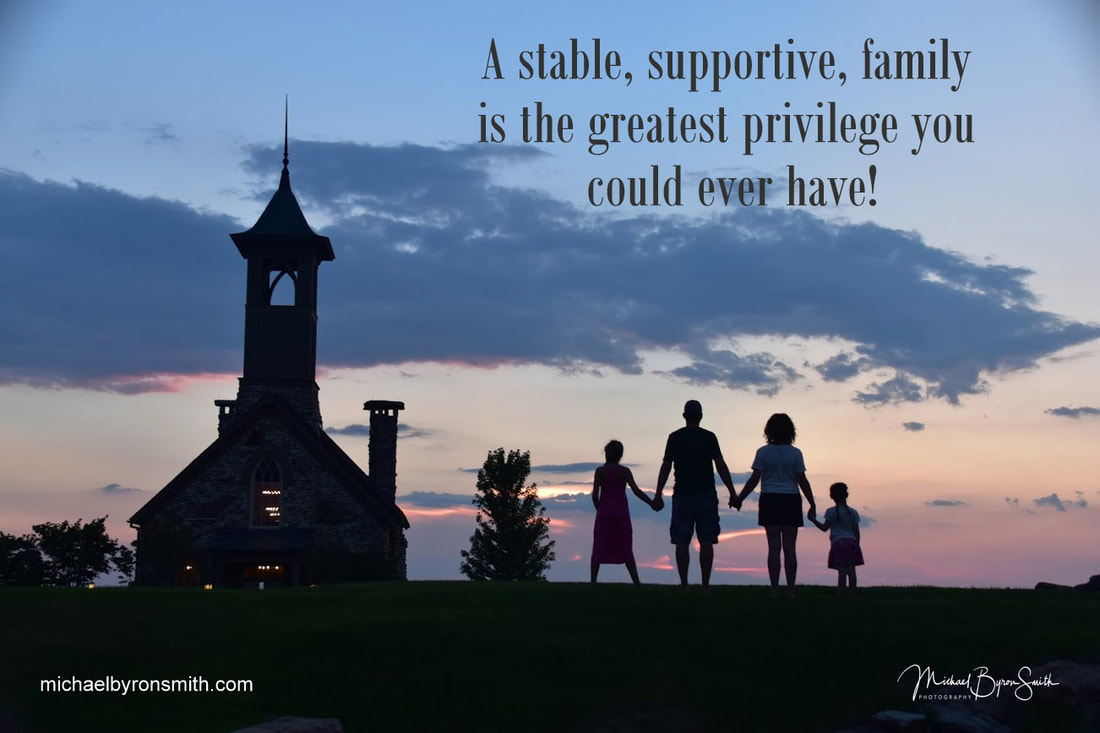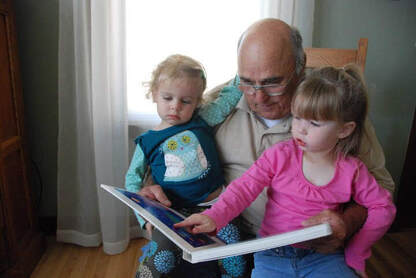
Chris Rock, comedian
Before I begin, I considered the title, “The Underappreciated Breadwinner” to include moms. When parental roles are reversed, the circumstances mentioned by Chris Rock could certainly apply to mommies. But the memes have been established over decades, maybe centuries, and it still mostly true today - that dads are the primary breadwinner.
Kids don’t usually see their dads digging ditches, serving the public, pounding the streets, sitting in mind-numbing cubicles, or putting up with bosses and co-workers they can barely be around without exploding! Moms that work have many of the same issues, but males do have more occupations endangering their lives. A December 19, 2018 article in Forbes states, “Men (are) 10 Times More Likely Than Women to be Killed At Work”!
Kids, in most families, see their moms toil with their own eyes, while dads work in virtual anonymity. They see the efforts of their moms to feed, clothe, transport, support, fix “owies,” and clean up messes, while dads get to ‘escape.’ Whoever makes dinner receives the credit, not the one that earned money to pay for the dinner. Granted, in many families, both parents work, and both cook the meals. In those families, only the cooking is appreciated by the children, not what got the meal on the table.
When dads are the sole income producing parent, they don’t do as much at home. But when they do dads are often out of their element and can be categorized as dummies. Advertisers take advantage of this situation. A 2013 Clorox commercial stated, “Like dogs or other house pets, new Dads are filled with good intentions but lacking the judgment and fine motor skills to execute well.”
We see dads characterized as being confused as to how to use appliances or change a diaper. A Doritos Super Bowl commercial shows a father more interested in his snack than the ultrasound the wife and female doctor are examining. A United HealthCare commercial shows men acting sophomoric while their wives choose the best health care options for their families. Try making moms look stupid while the dads are behaving responsibly, and there would be rioting in the streets (a common practice these days) by some moms and feminists.
I think these commercials are entertaining and funny, but not balanced at all. As an adult, I can see the humor and not make judgments. Children, however, are being brainwashed unknowingly, forming opinions about which parent is smarter, or more caring.
TV is no better. Homer Simpson is funny as a self-absorbed buffoon, while Marge is the “grounding voice” of her crazy family. Raymond is a clueless and mildly caring father whose family is held together by wife Debra in “Everybody Loves Raymond.” These categorizations are not uncommon. Thankfully, ‘Modern Family” reveals parents on both sides being occasionally irrational, but rarely would one see moms the sole targets of humor with wise dads correcting them. There are movies that celebrate fathers (“Parenting,” “It’s a Wonderful Life,” and “Mrs. Doubtfire” - although Robin Williams appears to be irresponsible). But there are hundreds of movies where dads are violent or abandon their families.
The most severe aspect of the uneven portrayal of men and women as parents is in the courts. When in doubt, the mother gets custody of their children. This decision makes sense when the standard is ‘what is best for the children?’ because kids are more accustomed to be with their mothers. But what about “Stay-at-Home” dads?
From FamilyLawRights.net
“In cases where a father has been an available, present, and competent parent, the “gender-neutral” rewriting of custody laws would suggest that the father should be awarded primary custody if joint custody is not an option. However, there is a question as to whether a lingering sense that mothers make better caregivers is causing more family court judges to award mothers primary custody.”
It’s true, parents, in general, are sometimes not appreciated by their children. Stay-at-home moms are underappreciated because their efforts are routine, resulting in kids becoming numb to just how much work she is doing for her family. However, breadwinner dads are underappreciated because their efforts are usually invisible and unknown to their children, and they are not in the home as often. These factors combined can give moms an advantage in appreciation and custody fights.
Both parents should be treated fairly, if not by their children, then at least by society. Especially in the eyes of the law, entertainment, and consumer advertising!














